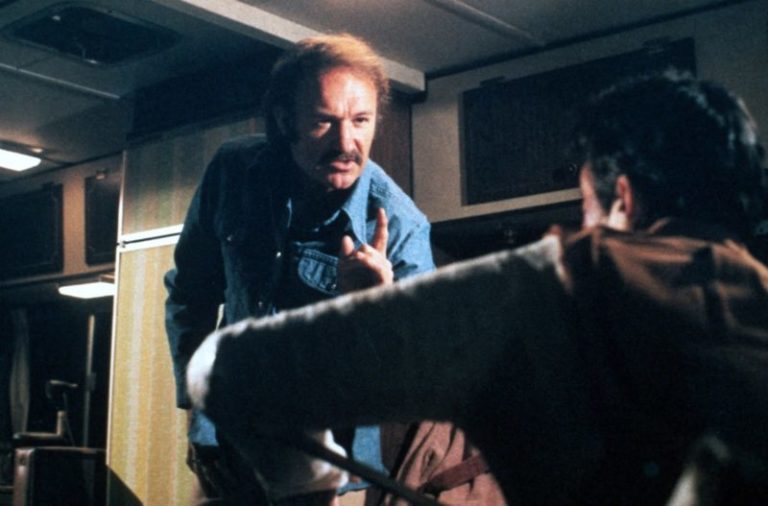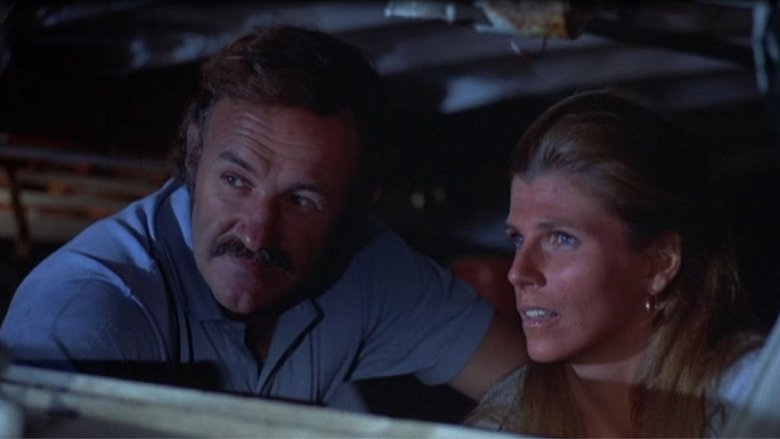

The girl’s name is Della (an erotic Melanie Griffith in her first feature role) and she has the capacity to woo many a men. Always greeting Harry in lingerie, towels, or a bathing suit, she gives him the job to locate her teenage daughter. This case allows Harry to become acquainted with the seedy world of Hollywood thanks to Arlene Iverson ( Janet Ward), a washed up, third-rate actress now living off the wealth of her deceased husband who was a film director.

His current case involves locating a runaway teenage girl. Just maybe, when he successfully solves a case for a client (typically involving a missing person), the happiness his clients experience allows him to recollect tiny instances of joy that were once a permanent fixture in his life. That could be why he’s chosen the profession of private eye. No longer in the National Football League, left by his parents at a young age, and having just discovered that his wife ( Susan Clark) is cheating on him, Harry is simply existing to hopefully stumble upon some truth or joy. Private investigator Harry Moesby ( Gene Hackman) has had happiness removed from his life a long time ago. After multiple failures one would insist on giving up and simply observing life at a distance safe enough for him to remain unharmed. How many times can a man lose in life? Well, a lot. Above all else, though, it’s Night Moves‘ maddening and concrete insistence on confusing its audience and its main character so much that we both tend to realize we are slowly losing and things may not ever make sense.įor our private investigator he’s been losing frequently, and wants desperately to change that. Both films leave an indelible mark after seeing them, but it’s the former film’s hopeless bleak nights that we frequently traverse that are more poignant and more heartbreaking than anything in Bonnie and Clyde. In Night Moves these characteristics are as integral to the film as the violence was in Penn’s 1967 revelatory film Bonnie and Clyde. Welcome to Los Angeles, the world where delights are withheld, sexual passions are perverted, and friendships are to be avoided because of their corrosive nature. That’s because of its inquisitive nature to discern truth even if it means losing every now and then. It’s this kind of cinema, so inextricably tied to its era, that still manages to achieve a sense of timelessness. Night Moves, where the aforementioned quote is from, in particular, directed by Arthur Penn and scripted by Alan Sharp, is a feverish noir that was fully aware of the incessant confusion and mournful distress swallowing up our world at that time, rendering the population hopeless. The influence of these events were inescapable, thus creating turbulent times all around, especially in cinema.

In 1975 America was striving to overcome the Vietnam War and still reeling from the pungent behavior of those corrupt individuals involved in the deceitful doings of Watergate. One side is just losing slower than the other.īy the time this dialogue occurs you begin to wonder why it took so long for it to be uttered.

Starring: Gene Hackman, Melanie Griffith, Janet Ward, James Woods, Harris Yulin, Anthony Costello, Susan Clark, Edward Binns, and Jennifer Warren


 0 kommentar(er)
0 kommentar(er)
